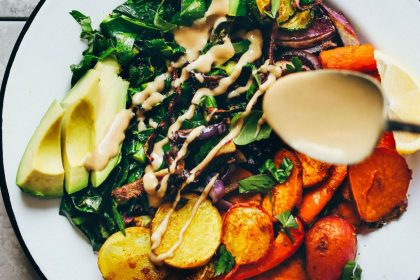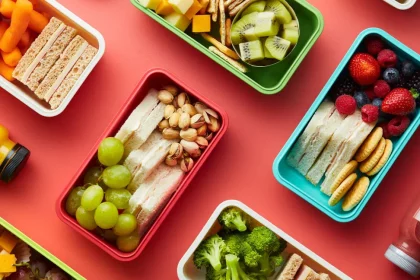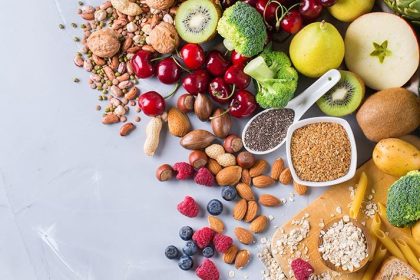Calorie Calculator
This calorie calculator is based on several equations. And the calculation result depends on the calculated average value. The Harris-Benedict equation was one of the first to be used to calculate basal metabolic rate (BMR) for daily energy expenditure at rest. In 1984, it was revised for accuracy. The Mifflin-St-Geor equation was also used until 1990. The Mifflin-St-Geor equation was also found to be more accurate in predicting BMR than Eq. The modified Harris-Benedict Catch-McArdle model differs slightly in the use of daily energy expenditure (RDE) to account for lean body mass. Which is the Mifflin-St Jeor equation and the Harris-Benedict equation no. Of these, the Mifflin-St Geor equation is the most accurate estimate of BMR, although the Catch-McArdle formula is thin and… with a known body fat percentage… Using the three equation calculator is shown below.
Calorie Counting as a Means for Weight Loss
Counting Calories to Lose Weight At its simplest level, it can be broken down into a few general steps:
- If you know your body fat percentage, use one of the provided equations to calculate your BMR. This can show your BMR more accurately. Keep in mind that the values in these equations are approximations and do not mean that subtracting 500 calories from your BMR will add 1 pound per week – it may be less or more than enough!
- Check your weight loss goal. Remember that 1 pound (~0.45 kg) equals about 3,500 calories, and a daily calorie deficit from BMR of 500 calories per day is a 1 kg calorie deficit… per week In theory, it is generally not recommended to lose 2 pounds per week. This can be unhealthy, so try reducing your daily calorie intake by, say, about 1,000 calories. If you want to lose more than 2 pounds per week, it is recommended that you consult your doctor and/or registered dietitian (RDN).
- Track your calories and choose how you progress towards your goals. If you have a smartphone, there are many useful apps that can easily track your calories, exercise, progress, and more. Grocery store If you haven’t stopped counting, they can count calories by serving size. Finding portions and calories can be tricky. Therefore, calorie counting (and other methods) are not for everyone. But if you know the calorie content of some food in general. Accurate calorie counting is quickly becoming easier because there’s no one to measure or weigh your food all the time, and there are websites that can help you do just that. But if you prefer, hand writing an Excel table or even a pen and paper table is a solid option.
- Track your progress over time and adjust as needed to better meet your goals. Remember, health and fitness are not just about weight loss. But there are other factors to consider, such as fat and muscle loss/gain. It is recommended to measure at longer intervals, such as weekly (rather than daily), as large changes in weight are due to water consumption or time of day. It’s also great for measuring consistent patterns, like how you treat yourself when you wake up and before breakfast. Instead of measuring at different times of the day.
- Without interruptions!

How many calories do you need?
Many people are trying to lose weight. And often the easiest way is to eat fewer calories each day. But how many calories does your body need to stay healthy? It is largely based on the daily physical activity of the individual, but this is different for different people and involves many factors, not all of which are well understood or known.
Some factors that affect the amount of calories you need to stay healthy include age, weight, height, gender, and level of physical activity. For example, a 25-year-old man who is active needs more calories than a 6-foot-5, 70-year-old woman, which varies by age and activity level. But in general, men require between 2,000 and 3,000 calories a day to maintain their weight. Adult women, meanwhile, require about 1,600 to 2,400 calories a day. According to the U.S. Department of Health and Human Services.
Your body doesn’t need a lot of calories just to survive, but consuming too few calories will disrupt your body’s functioning. Because calories are only used to survive. Harvard Health Publications recommends a minimum of 1,200 calories per day for women and 1,500 calories per day for men. Without medical supervision, It is therefore strongly recommended that anyone attempt to lose weight monitor their caloric intake and adjust as necessary to maintain their nutritional needs.
Calories: Different types and effects
Carbohydrates, proteins, and fats are the main sources of calories in the normal human diet. And many people get the most calories from alcohol. Numerous studies have shown that the calories listed on nutrition labels can differ significantly from those actually consumed and stored. This demonstrates the complex nature of calories and nutrition. This has led to many conflicting opinions about what is “best” for weight loss. For example, the way a person cooks affects weight loss. In general, cooking food increases the amount of calories your body burns. During digestion. People who cook more eat less. Because the longer it takes to cook the food, the fuller it feels, but the effects of cooking and digestion on many foods are not fully understood. There may be other factors as well, so take this information with a grain of salt. (Moderate if the goal is weight loss).
Stay Connected
Latest News
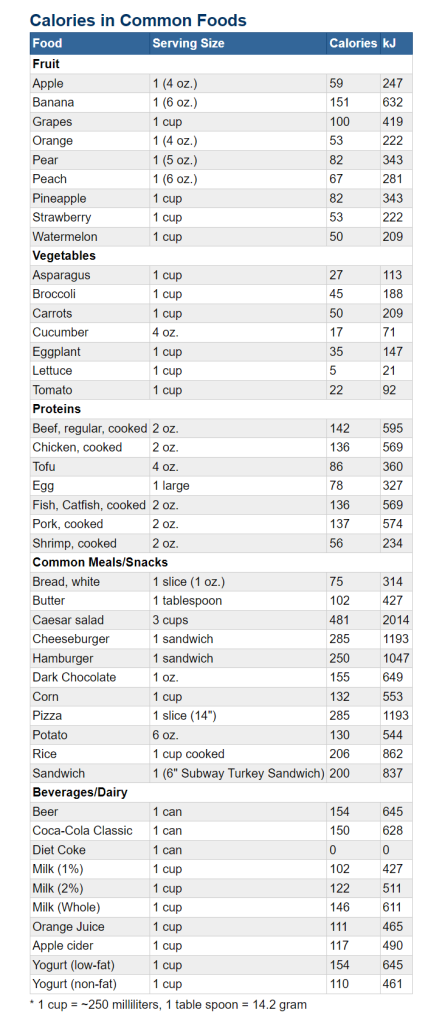
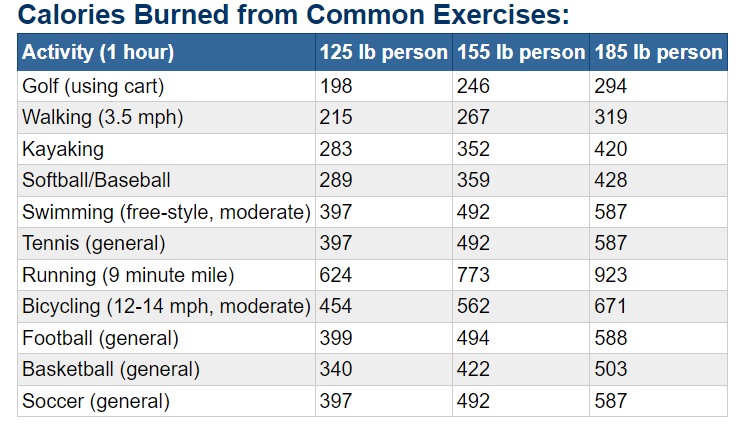
17 Quick and Healthy Vegetarian Snacks
Choosing vegetarian snacks throughout the day is an important part of a…
How to Lose Weight on a Vegetarian Diet
Vegetarian diet has become more popular in recent years. This diet is…
The 15 Best Diet Tips to Lose Weight and Improve Health
To be honest, there is a lot of information on the internet…
The 3 Best Diet Plans for Your Overall Health
Many diets have benefits beyond weight loss. The biggest challenge is finding…
Slideshow: Best Diet Tips Ever — 20 Ways to Stay on Track
Tip 1: Drink plenty of water and other low-calorie drinks Drink a…
5 Common Low-Carb Diet Mistakes
The same confusion applies to low-carb diets. Research shows that a low-carb…








